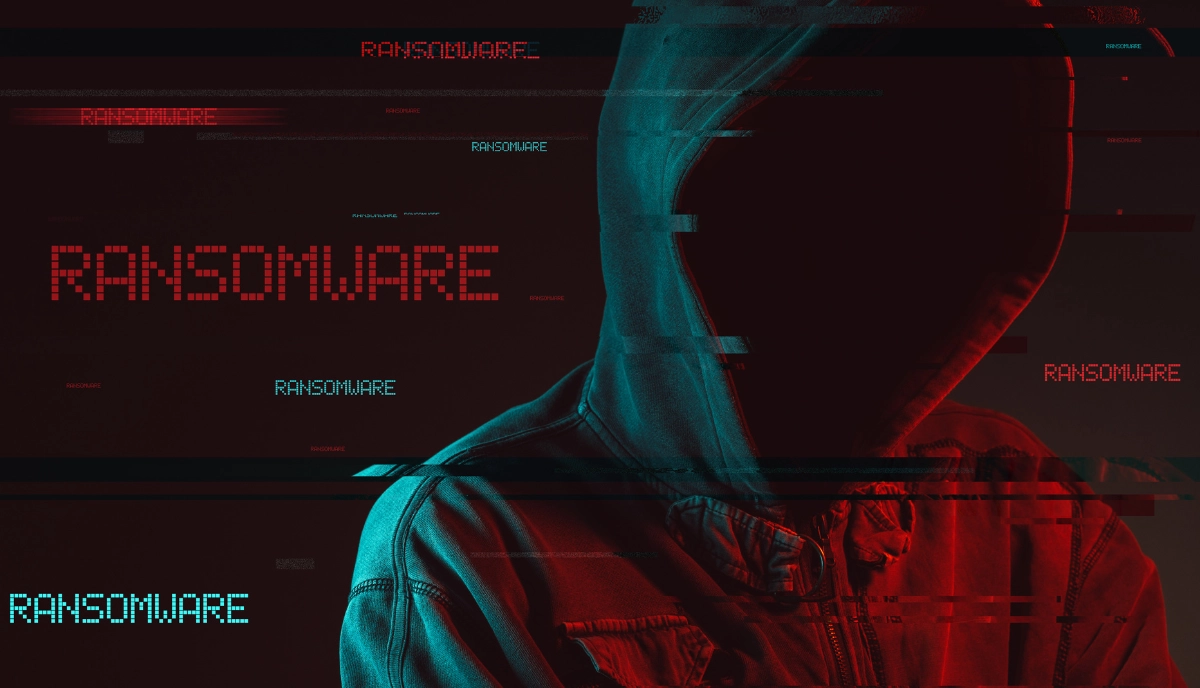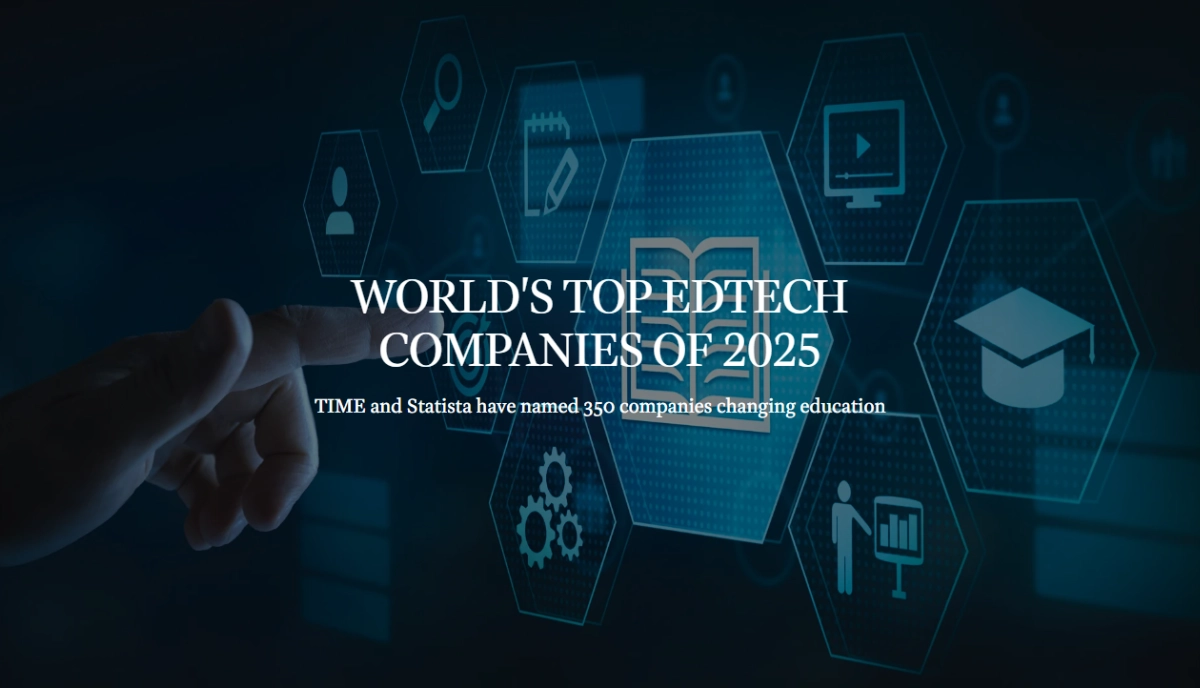Cybersecurity Training is No Longer Optional
The world is becoming increasingly reliant on digital processes; however, this reliance also brings a growing threat of cybersecurity attacks on Small and Medium Enterprises (SMEs).
An SME is defined as a business with a relatively small scale of operations and workforce, typically having fewer employees and generating lower revenue compared to larger corporations. While cybersecurity is crucial for all organisations, regardless of size, it can be particularly challenging for SMEs.
These smaller businesses often find themselves targeted by cybercriminals due to their typically weaker defences compared to larger corporations.
Moreover, the rise of artificial intelligence will only escalate and complicate these attacks, significantly raising the stakes for SMEs.
In this blog, we explore why SMEs are attractive targets for cybercriminals.
The Most Common Cyber Risks
Recent studies highlight several types of cyber risks that pose significant threats to SMEs.
Understanding these risks is essential for implementing effective preventive measures.
The following are among the most common cyber risks faced by SMEs:
- Malware-based attacks: Malware, including viruses and ransomware, can infiltrate computer systems, disrupt operations, steal sensitive data, or extort businesses for financial gain.
- Phishing attacks: Phishing involves fraudulent attempts to deceive individuals into revealing sensitive information, such as passwords or financial details, by masquerading as a trustworthy entity.
- Man-in-the-middle attacks: In this type of attack, cybercriminals intercept and alter communications between two parties without their knowledge, potentially gaining access to sensitive information.
- Denial of Service (DoS) attacks: DoS attacks aim to overwhelm a network or system, rendering it unavailable to users and causing significant disruptions to business operations.
- Password attacks: These attacks involve attempts to guess or crack passwords to gain unauthorized access to systems or accounts.
Data and Statistics
Data and statistics reveal the severity of the cybersecurity landscape and underscore the need for robust protective measures:
- Cyberattacks targeting SMEs: 43% of cyberattacks targeted small businesses. Verizon DBIR 2024
- The average cost of a data breach $4.88 million, a 10% increase from 2023. IBM & Ponemon Institute
- Ransomware attacks reached 317.6 million global ransomware attacks — the third-highest number ever recorded. SonicWall Cyber Threat Report 2024
- Phishing attacks 202% increase in phishing messages in the second half of 2024. SlashNext Phishing Intelligence Report
- Total losses from cybercrime reached $16.6 billion, a 33% increase from 2023. FBI Internet Crime Report 2024
One of the biggest myths in cybersecurity is the belief that “We’re too small to be a target.”
Unfortunately, many small businesses have fallen prey to this misconception, resulting in significant financial losses. In recent years, SMEs have begun to take the risks posed by cyber threats more seriously, but there is still much work to be done.
The “Too Small to Be a Target” Myth
Small and medium-sized enterprises are prime targets for several strategic reasons. Because they are often small, family-run businesses, they frequently do not invest sufficient resources in robust cybersecurity measures, including employee training.
This lack of investment makes them vulnerable to various cyber threats, such as phishing, ransomware, and data breaches. Many small and medium-sized enterprises (SMEs) operate with limited IT support, which can mean that cybersecurity may not be prioritized until after an incident occurs. Furthermore, the perceived notion that they are too small to be targeted leaves them at an increased risk, as attackers often see them as easier targets compared to larger corporations that have more advanced security systems in place.
Additionally, SMEs often rely heavily on third-party services and cloud solutions, which can introduce further vulnerabilities if those partners do not have adequate security measures. This interconnectedness means that a breach at a vendor can easily lead to a breach at the enterprise level.
Investing in comprehensive cybersecurity measures not only protects sensitive data but also helps build trust with customers and stakeholders. As a result, SMES need to recognise the importance of cybersecurity and make it an integral part of their business strategy, rather than viewing it as an optional expense.
By allocating resources for secure practices, employee training, and regularly updating software and security protocols, small and medium-sized enterprises can significantly reduce their risk and ensure long-term sustainability.
Cybersecurity as a Competitive Advantage
With three out of four small and medium-sized enterprises (SMEs) expecting to face cyber attacks by 2025, cybersecurity has become a fundamental necessity for their survival, rather than an optional consideration.
Companies that take a proactive approach to cybersecurity not only protect themselves from threats but also gain a significant competitive advantage. By demonstrating their commitment to safeguarding customer and partner data, they establish themselves as trustworthy custodians.
The aim is not to achieve absolute security but to implement adequate measures that discourage attackers and prompt them to seek easier targets. In a landscape filled with constantly evolving threats, preparation and awareness serve as the most effective tools for SMEs.
Investing in continuous, high-quality training and developing a robust digital posture capable of withstanding even the most sophisticated cybercriminals is the best way to ensure the safety and future of these businesses.







